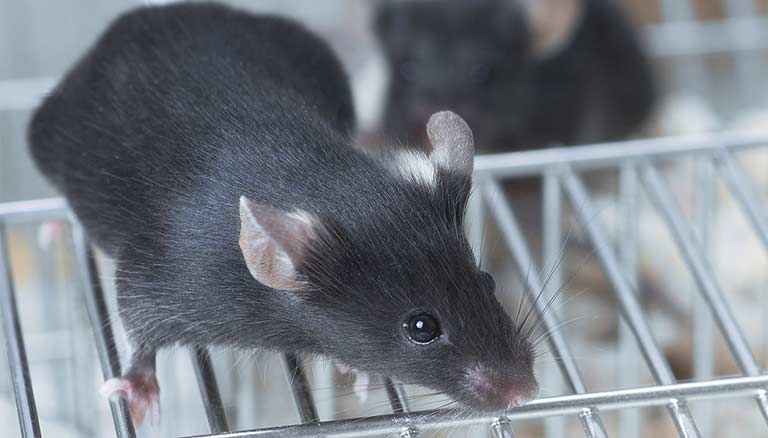Cancer research represents one of the highest uses of animals across both basic and translational research. In basic research, oncology ranks as the third highest sub-category for causing ‘severe’ animal suffering, while in translational research, human cancers rank the second highest. Approximately 95% of this research is conducted using mice.
While guidelines like PREPARE and ARRIVE focus on planning, reporting, and ensuring reproducibility in all animal experiments, there has been a notable lack of standardised recommendations for the practical refinement of animal models in oncology. To address this gap, the Oncology Best-practices: Signs, Endpoints, and Refinements for in Vivo Experiments (OBSERVE) guidelines were developed.
The OBSERVE guidelines represent a consensus statement crafted by a select steering committee, led by Stéphanie De Vleeschauwer from KU Leuven, incorporating insights from experts across academia and industry.
In a stepwise approach, the OBSERVE guidelines aim to address multiple aspects of an in vivo cancer study, focusing on rodents:
- Preparation and Refinement of Implantation Methods: Ensuring the appropriate setup and refinement of specific implantation techniques.
- Assessment of Clinical Signs: Detailed descriptions of clinical signs associated with specific tumour types and guidance on how to assess these.
- Monitoring and Humane Endpoints: Guidelines for monitoring tumour growth, assessing animal welfare through standardised monitoring sheets, and applying humane endpoints.
The OBSERVE guidelines offer practical, clear, and robust recommendations for scientists, veterinarians, and animal care staff to reduce the levels of suffering experienced by animals during cancer research.
Read the OBSERVE guidelines in full here.
